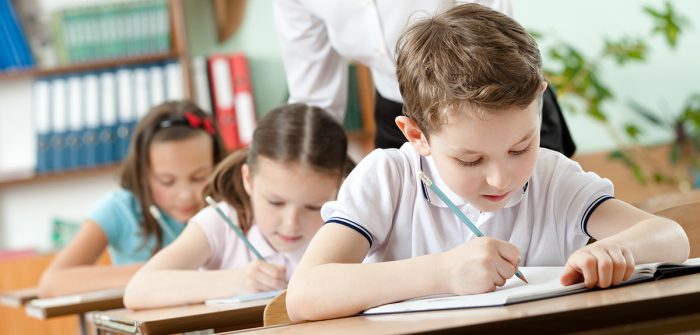The Minister of Education and Culture (Mendikbud), Nadiem Makarim, has confirmed that international and government schools within the green zone are allowed to do face-to-face learning.
His comments came as he launched the “Learning implementation guide for the academic year and the new academic year during the coronavirus pandemic” document.
Before schools in green zones can reopen, local governments must agree to the opening. Furthermore, the school must meet all the checklists for face-to-face learning preparation. Finally, parents must allow their children to return to school.
Related to the preparations that must be fulfilled by education units, the Ministry of Education and Culture will apply strict protocols. Nadiem explained that institutions must guarantee the availability of hygiene and health equipment such as clean toilets, facilities for washing hands with running water using soap or hand sanitizing liquid, and disinfectants.
In addition, all members of the school must wear masks and students and teachers who are sick are not allowed to enter the classroom. The school’s committee must also agree that students may choose to return to school or they may not.
For July 2020, schools also have to abide by the condition that classes cannot be full. Where there would normally be 28-30 students in one class, the class size should be reduced to 18 pupils during the pandemic.
“The number is for elementary and secondary school students. While for early childhood education and special education schools, they would have five students per class. Later, a class changeover system will be conducted,” explained Nadiem.
Nadiem added not all age groups will go straight back to school in green zones. After fulfilling the various requirements, only junior high school level and equivalent high schools will be allowed to go to school in the first month.
According to Nadiem, there are going to be three phases of school opening:
- Phase I for junior and high schools, vocational schools, Islamic junior and high schools, Christian theological high schools, Christian high schools, package C, and package B.
- Phase II will be carried out two months after phase I, namely for elementary, Islamic elementary schools, package A, and special education school levels.
- Phase III will be held two months after phase II, namely for formal kindergarten, Islamic kindergarten, and special needs kindergarten, as well as non-formal early childhood education levels.
“The first month is only for intermediate level, elementary schools cannot be invited to reopen,” said Nadiem. Each age group will be allowed to gradually reopen, with a two-month interval between phases.
During the initial two-month period, there will only be activity in the classroom where students only go to class and follow face-to-face learning, then go home. Extra-curricular activities or situations that would bring large groups of students together will remain cancelled, and canteens will remain closed.
Nadiem noted that all of these stages will be possible as long as the area maintains green zone status. In cases where the COVID-19 Handling Task Force designates the area to be anything but green, students will return to studying at home.
“Please understand this is determined at the time of schools being in the green zone. If the green zone changes to a yellow zone, learning from home will be done again,” Nadiem stressed.




